‘I see portraiture as a means to impart a social commentary’
Self-taught Nigerian painter Eniwaye Oluwaseyi addresses #EndSARS in his debut show at ADA gallery in Accra
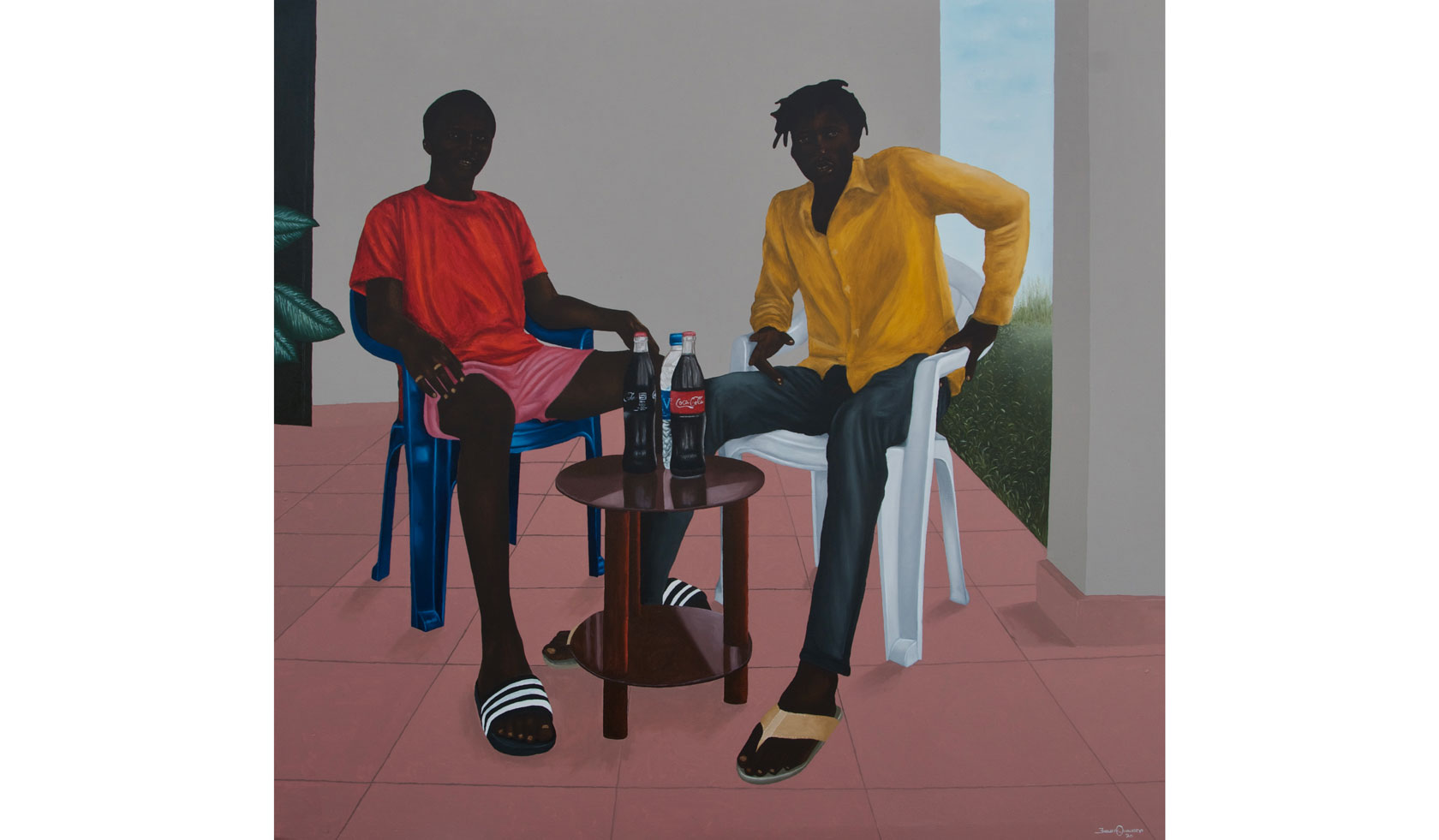
Like so many entrepreneurs and business owners this year, the contemporary art advisor and former journalist Adora Mba had to place plans to open her contemporary art gallery in Accra, Ghana on hold. Mba’s ADA \ Contemporary originally intended to stage its first show, by Collins Obijiaku, in March, but it opened six months later. The delay allowed Mba to refine her strategy and strengthen relationships with the artists she represents.
Committed to nurturing Ghana’s emerging art scene, ADA \ Contemporary’s second show, the debut of the self-taught Nigerian painter Eniwaye Oluwaseyi, titled ‘The Politics of Shared Spaces’, presents an exciting body of work that contemplates the identities, narratives and power struggles formed within the layered frameworks that accompany the shared space. Explored through a portfolio of 12 large-scale canvases, the exhibition investigates the contexts of shared living spaces, communities and mindsets, while offering a commentary on the politics of race and class.
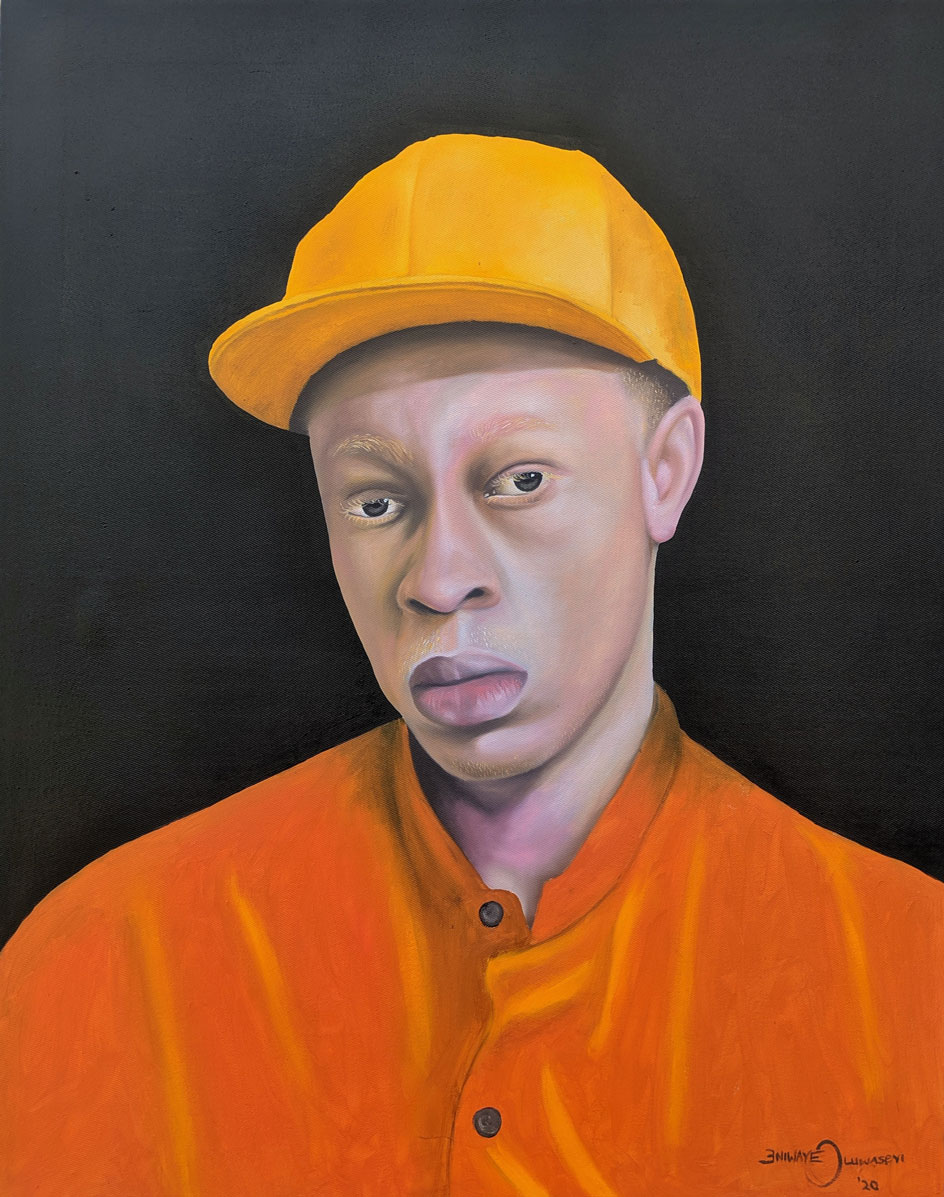
Eniwaye Oluwaseyi, Boy from the other side, 2020.
‘I see portraiture as a means to impart a social commentary,’ explains the 26-year-old Oluwaseyi, who only began pursuing art a year and a half ago. ‘Each work brings attention to an individual of a certain socioeconomic background and outlines underlying political issues by shedding a light on a marginalised person or community, all-the-while examining the identities and power struggles within our shared spaces. With my work, I hope to spark up comprehensive conversations with those that see them, no matter where on the globe they may find themselves.’
He continues, ‘I focus primarily on the dynamics of power struggles: from sharing my viewpoint on the #EndSARS protests currently happening in Nigeria, to bringing people's attention to the Albino communities in Sub-Saharan Africa, who have been caught in the crossfire of ignorance and Black colourism [and killed as a result].’
Each of Oluwaseyi’s portraits captures its subjects within a vacuum of ambiguity, inviting the viewer to reconsider what is being prioritised in the visual space. Using a vivid colour palette and intentional compositions, Oluwaseyi also asserts the idea of co-existence by presenting his subjects in a non-dominant manner. Working in oil on canvas, his intricate brushstrokes convey both a refinement and vulnerability to the subjects being portrayed.
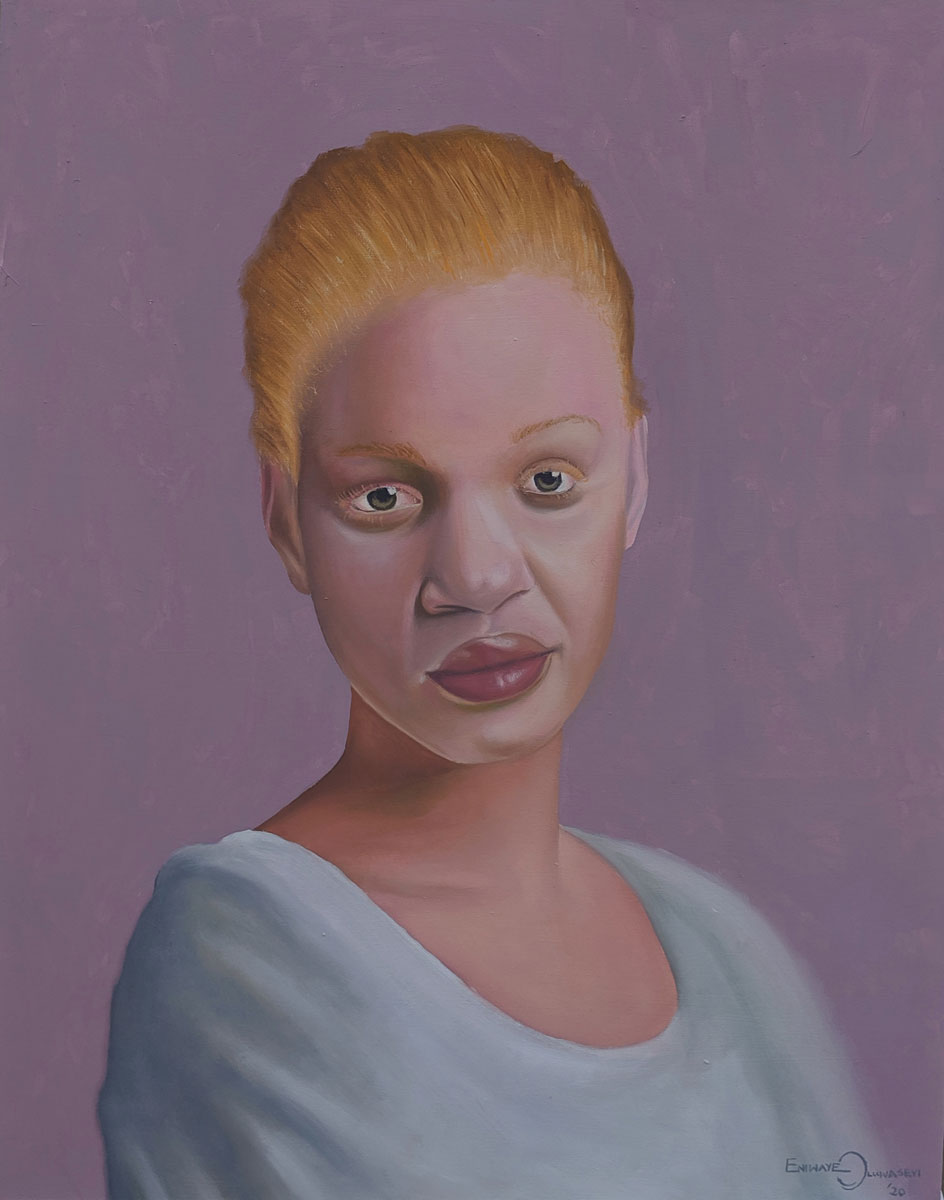
‘I purposefully choose vibrant colours to embody the term "person of colour” in an aspiration to emphasise that we, as Blacks and Africans, are likewise majestic people’
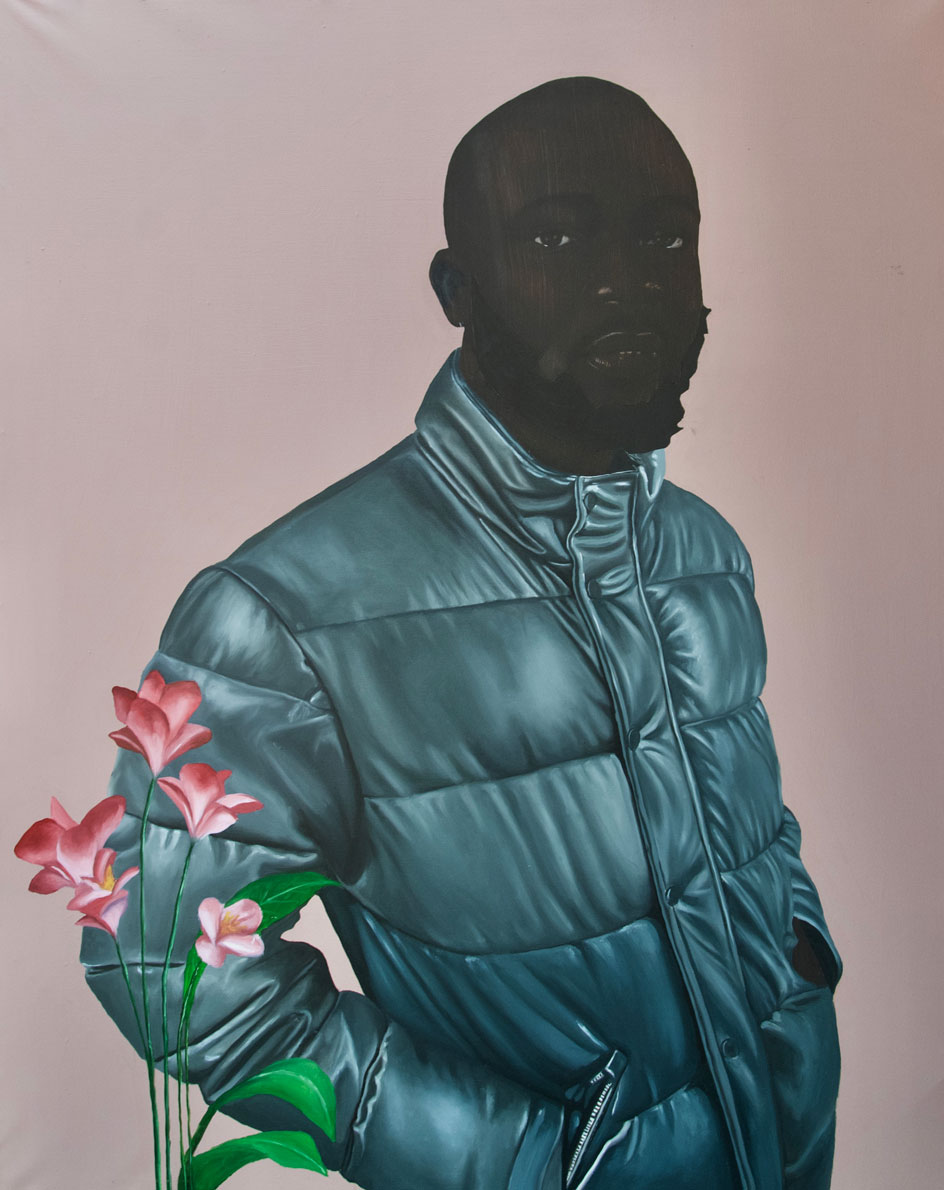
‘I try to combine unusual colour palettes to go beyond the borders of religion, race and tradition,’ he explains. ‘I use colour as a means to communicate the subject matter since skin colour is rooted in my work, but [also] as a medium for creation and expression. Colours are reflections of my moods and feelings while I paint each piece. I purposefully choose vibrant colours to embody the term "person of colour,” in an aspiration to emphasise that we, as Blacks and Africans, are likewise majestic people.’
Eniwaye concludes, ‘I believe that if we are able to coexist in a communal space, no reason will arise to ostracise some or harm others whom we may not “understand”. Within our personal spaces, we can seek to work together at peace without placing priority over anyone in the face of their identity, race or position. If this can be achieved, then we can project these same ideals onto our communities as a whole.’
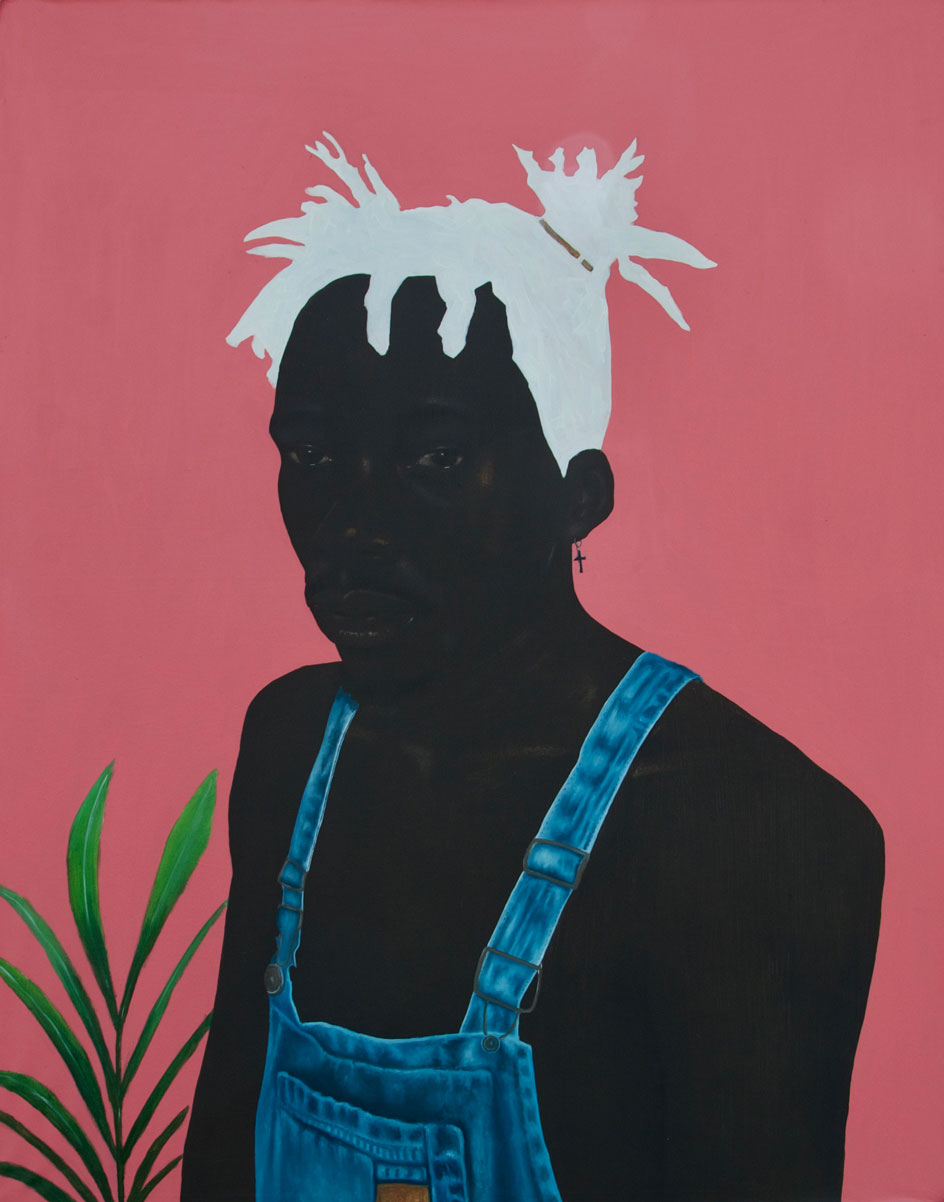
Eniwaye Oluwaseyi, Boy with the White Hair
INFORMATION
Eniwaye Oluwaseyi, ’The Politics of Shared Spaces’, until 27 December, ADA \ contemporary art gallery, Accra. ada-accra.com
ADDRESS
ADA \ contemporary art gallery
Ground Floor, ALTO Tower
Villaggio Vista
North Airport Road
Accra, Ghana
Wallpaper* Newsletter
Receive our daily digest of inspiration, escapism and design stories from around the world direct to your inbox.
Pei-Ru Keh is a former US Editor at Wallpaper*. Born and raised in Singapore, she has been a New Yorker since 2013. Pei-Ru held various titles at Wallpaper* between 2007 and 2023. She reports on design, tech, art, architecture, fashion, beauty and lifestyle happenings in the United States, both in print and digitally. Pei-Ru took a key role in championing diversity and representation within Wallpaper's content pillars, actively seeking out stories that reflect a wide range of perspectives. She lives in Brooklyn with her husband and two children, and is currently learning how to drive.
-
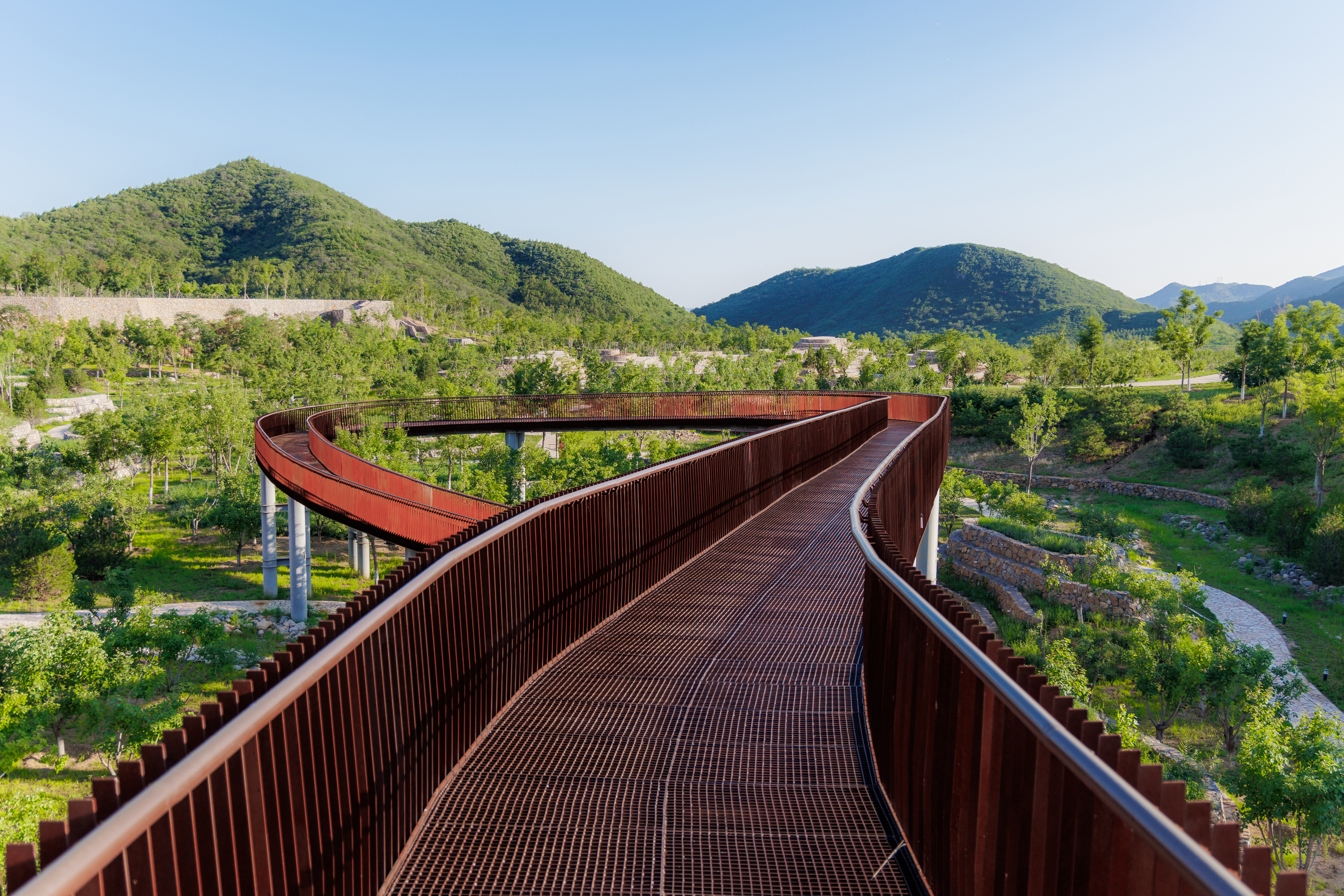 A Xingfa cement factory’s reimagining breathes new life into an abandoned industrial site
A Xingfa cement factory’s reimagining breathes new life into an abandoned industrial siteWe tour the Xingfa cement factory in China, where a redesign by landscape specialist SWA Group completely transforms an old industrial site into a lush park
By Daven Wu
-
 Put these emerging artists on your radar
Put these emerging artists on your radarThis crop of six new talents is poised to shake up the art world. Get to know them now
By Tianna Williams
-
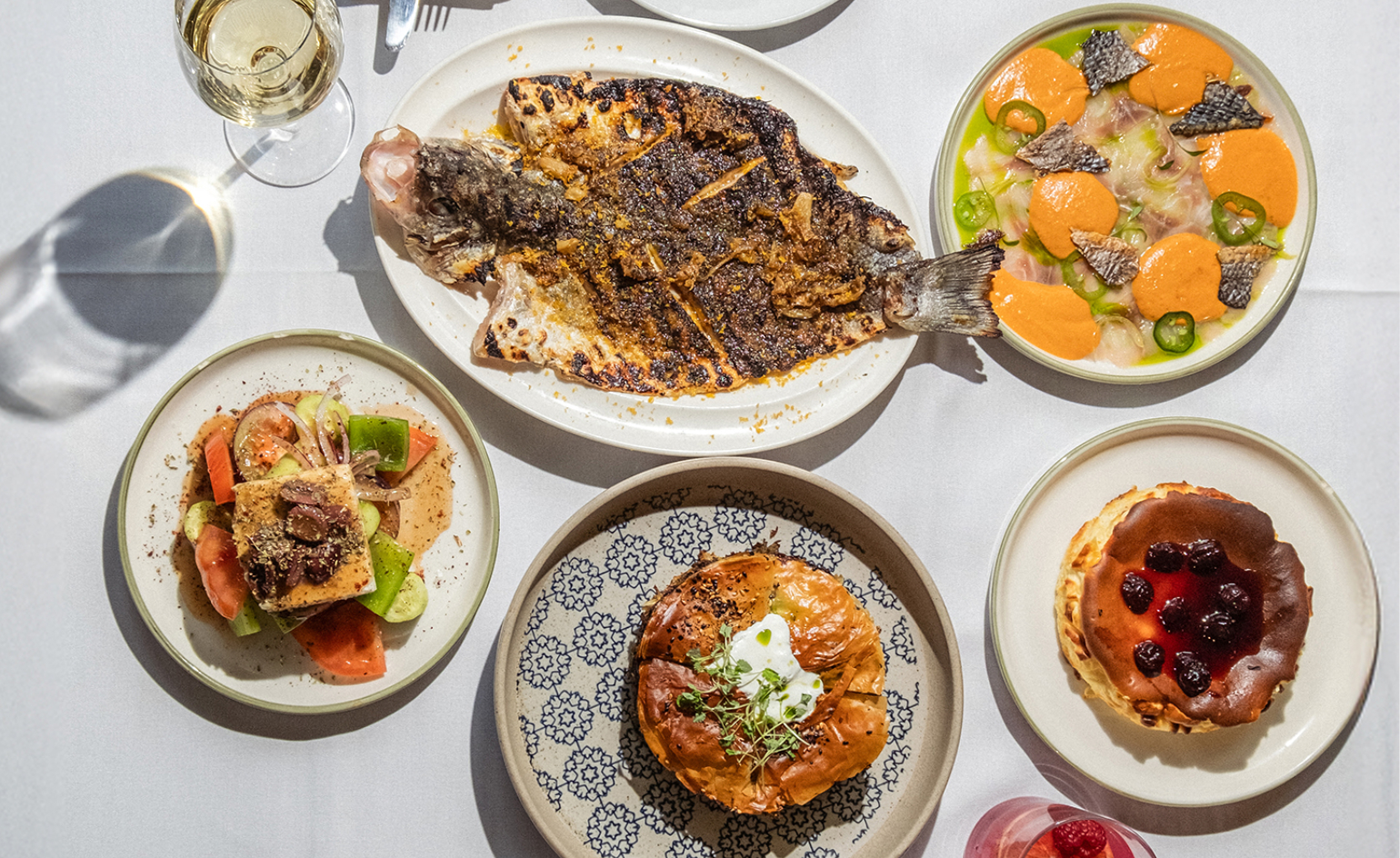 Dining at Pyrá feels like a Mediterranean kiss on both cheeks
Dining at Pyrá feels like a Mediterranean kiss on both cheeksDesigned by House of Dré, this Lonsdale Road addition dishes up an enticing fusion of Greek and Spanish cooking
By Sofia de la Cruz
-
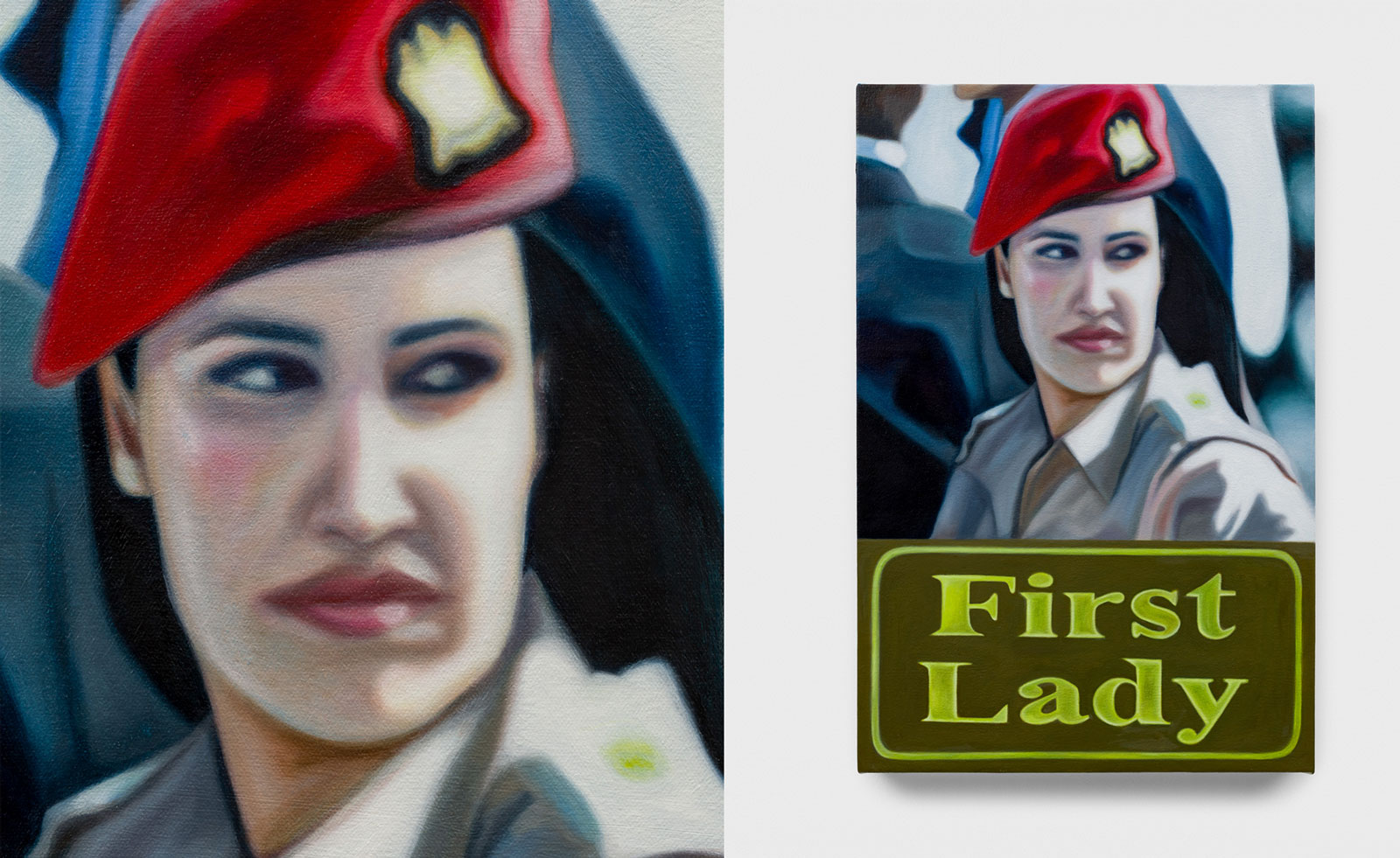 Tasneem Sarkez's heady mix of kitsch, Arabic and Americana hits London
Tasneem Sarkez's heady mix of kitsch, Arabic and Americana hits LondonArtist Tasneem Sarkez draws on an eclectic range of references for her debut solo show, 'White-Knuckle' at Rose Easton
By Zoe Whitfield
-
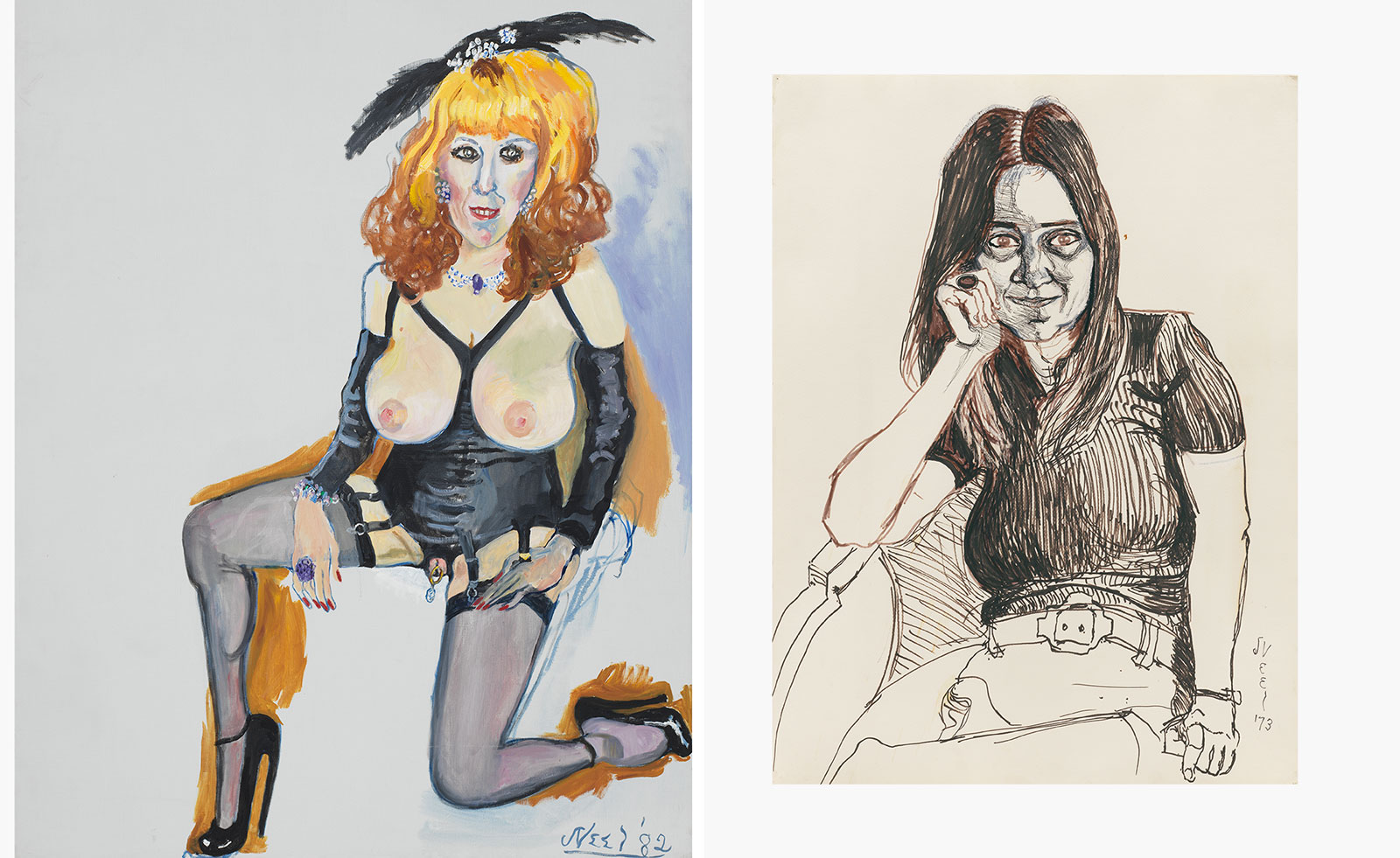 Alice Neel’s portraits celebrating the queer world are exhibited in London
Alice Neel’s portraits celebrating the queer world are exhibited in London‘At Home: Alice Neel in the Queer World’, curated by Hilton Als, opens at Victoria Miro, London
By Hannah Silver
-
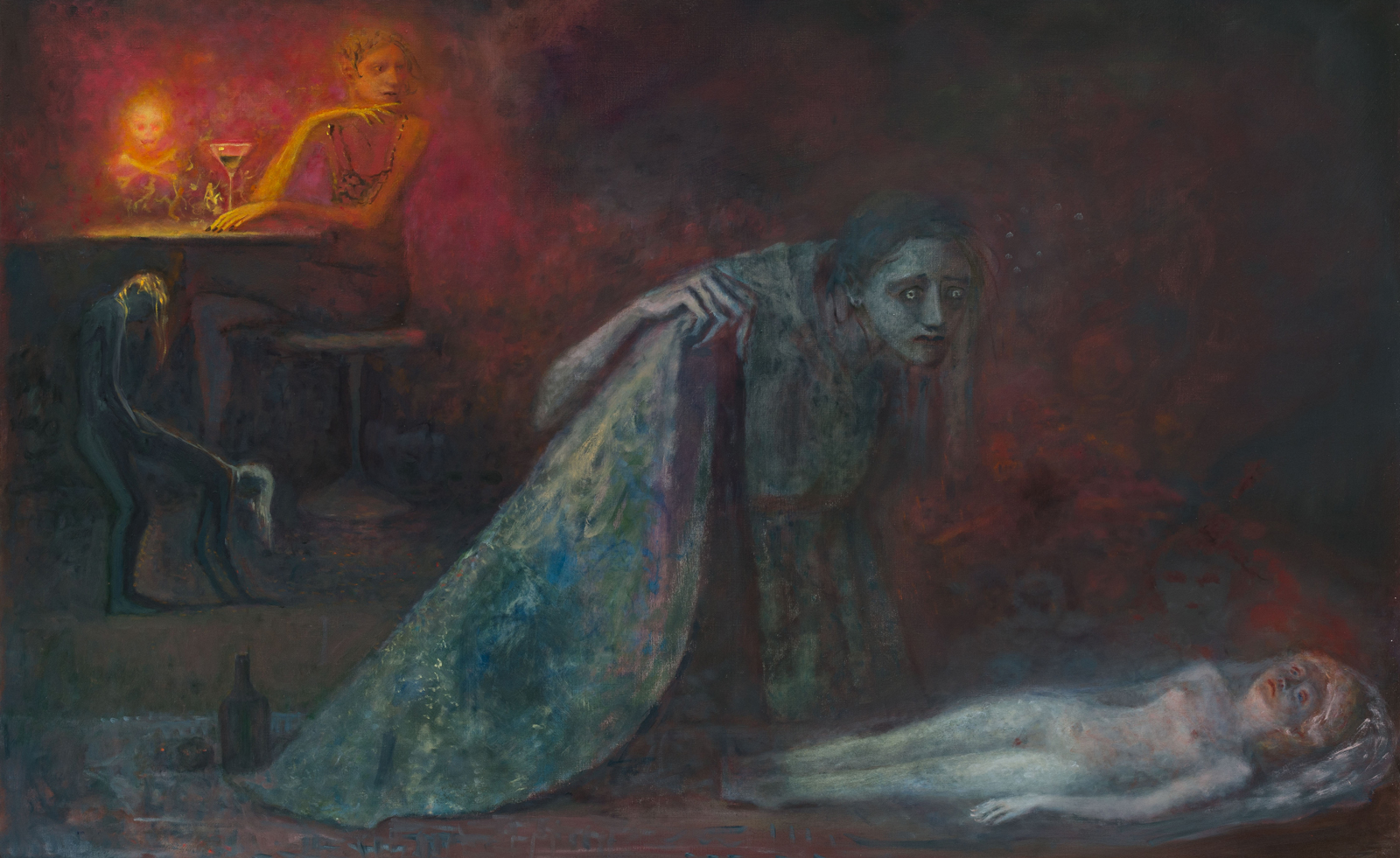 ‘You have to face death to feel alive’: Dark fairytales come to life in London exhibition
‘You have to face death to feel alive’: Dark fairytales come to life in London exhibitionDaniel Malarkey, the curator of ‘Last Night I Dreamt of Manderley’ at London’s Alison Jacques gallery, celebrates the fantastical
By Phin Jennings
-
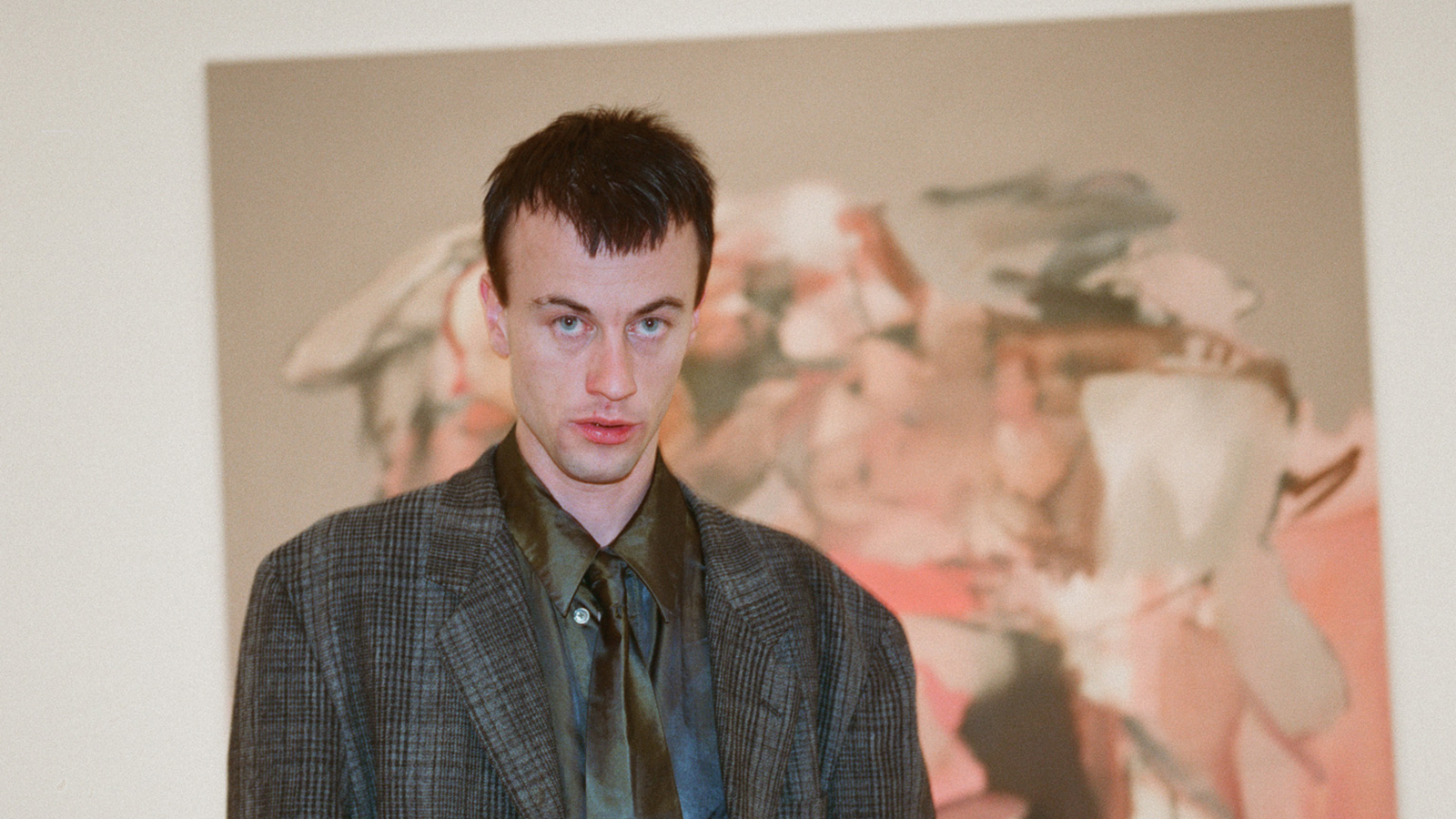 Inside the distorted world of artist George Rouy
Inside the distorted world of artist George RouyFrequently drawing comparisons with Francis Bacon, painter George Rouy is gaining peer points for his use of classic techniques to distort the human form
By Hannah Silver
-
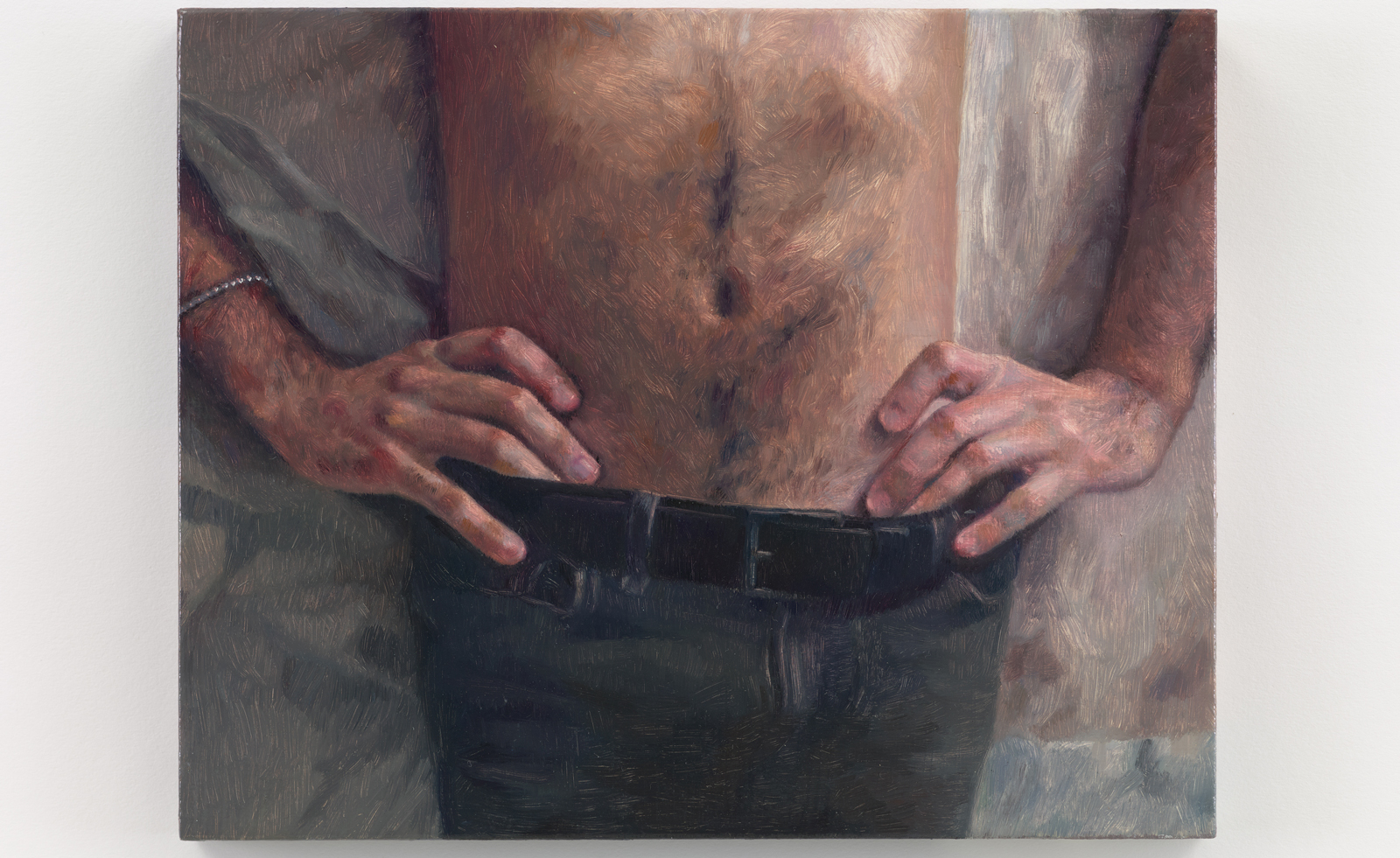 Love, melancholy and domesticity: Anna Calleja is a painter to watch
Love, melancholy and domesticity: Anna Calleja is a painter to watchAnna Calleja explores everyday themes in her exhibition, ‘One Fine Day in the Middle of the Night’, at Sim Smith, London
By Emily Steer
-
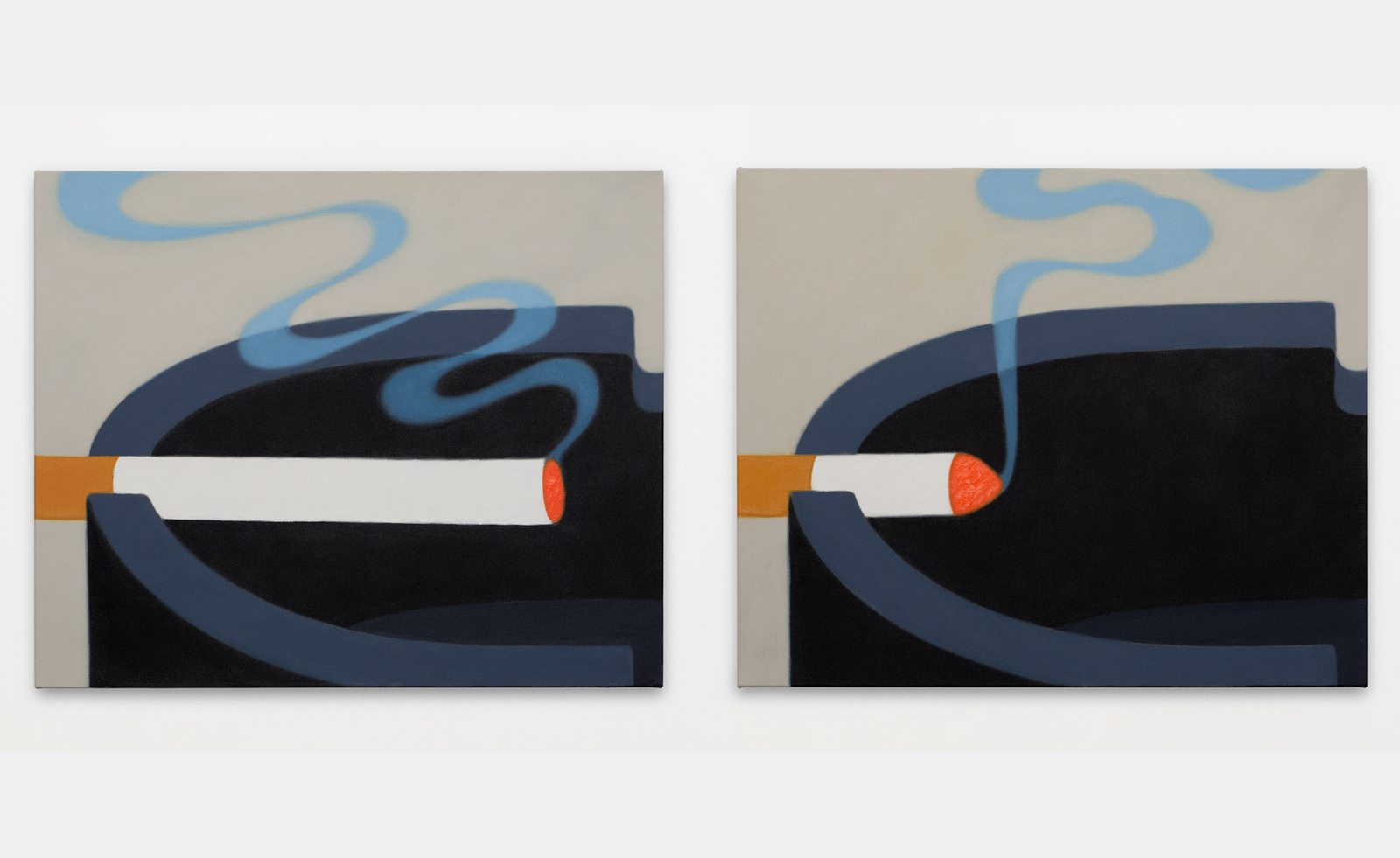 Henni Alftan’s paintings frame everyday moments in cinematic renditions
Henni Alftan’s paintings frame everyday moments in cinematic renditionsConcurrent exhibitions in New York and Shanghai celebrate the mesmerising mystery in Henni Alftan’s paintings
By Osman Can Yerebakan
-
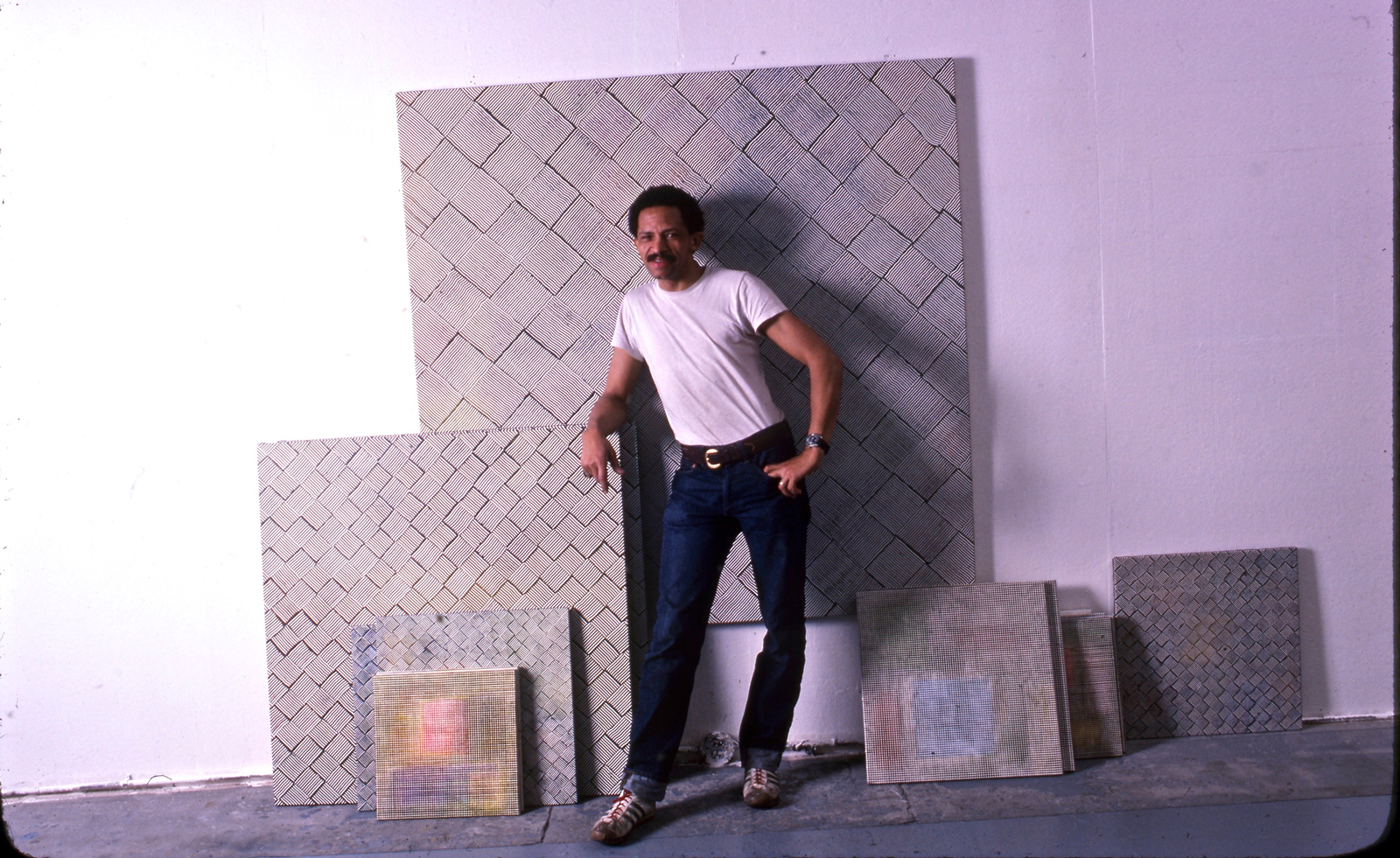 Inside Jack Whitten’s contribution to American contemporary art
Inside Jack Whitten’s contribution to American contemporary artAs Jack Whitten exhibition ‘Speedchaser’ opens at Hauser & Wirth, London, and before a major retrospective at MoMA opens next year, we explore the American artist's impact
By Finn Blythe
-
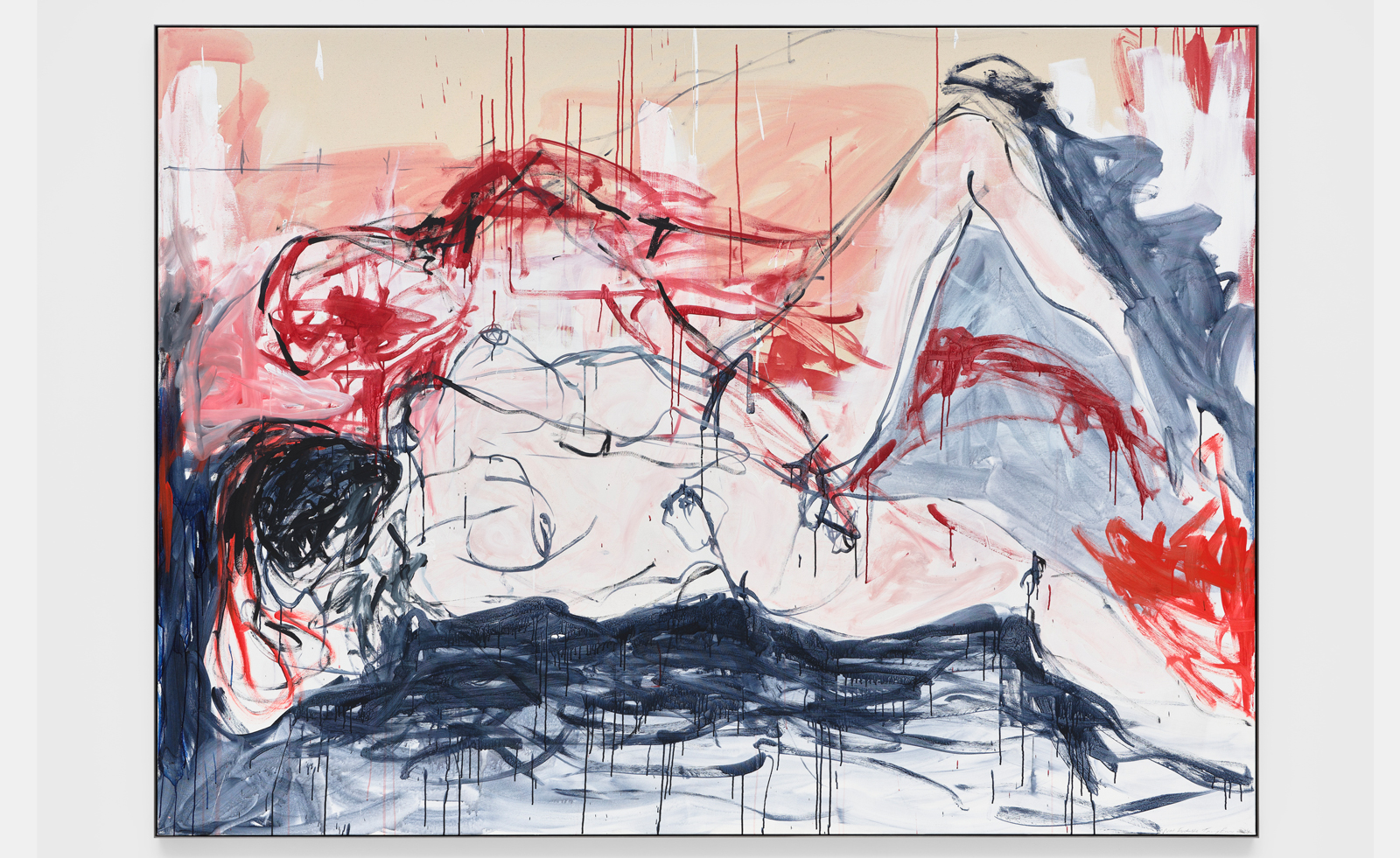 ‘This blood that is flowing is my blood, and that should be a positive thing’: Tracey Emin at White Cube
‘This blood that is flowing is my blood, and that should be a positive thing’: Tracey Emin at White CubeTracey Emin’s exhibition ‘I followed you to the end’ has opened at White Cube Bermondsey in London, and traces the artist’s journey through loss
By Hannah Silver